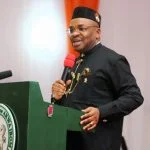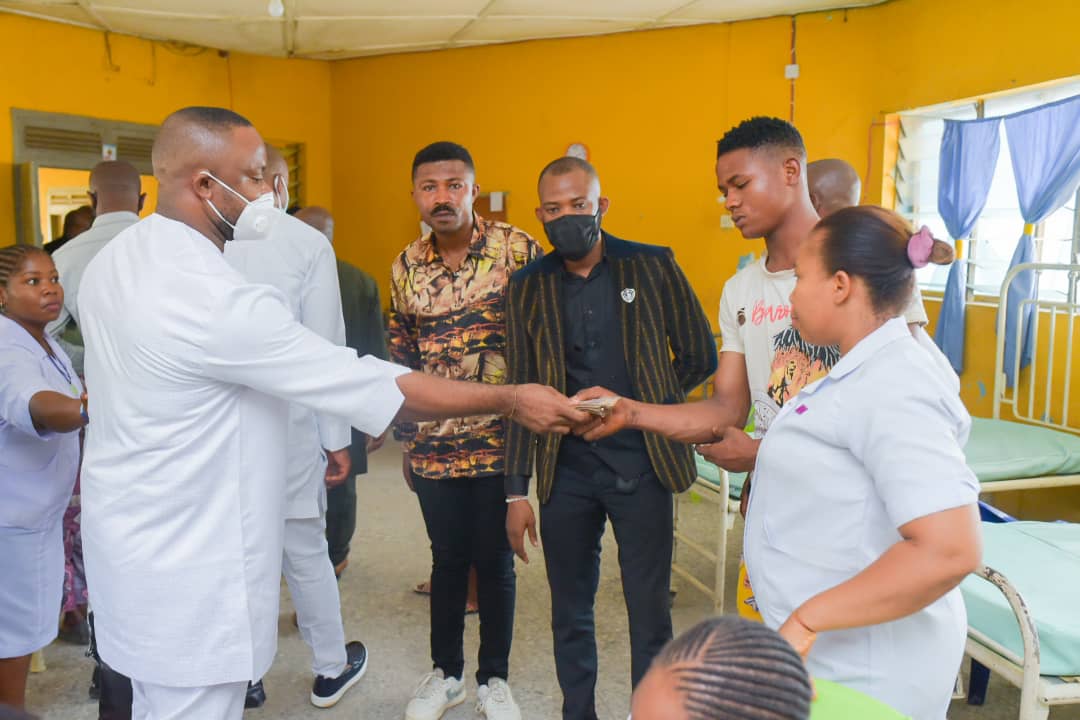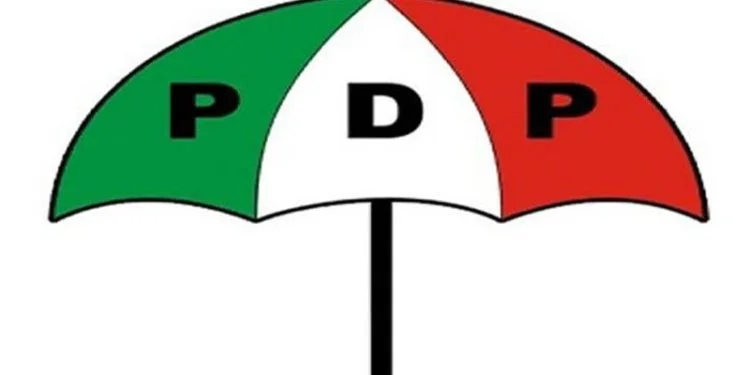The Speaker of the Yobe State House of Assembly, Ahmed Mirwa, has expressed confidence that a civil rights organisation, the Connected Development, will bring succour to the state by ascertaining the damages caused by 11 years of insurgency.
While quantifying the effect of the Boko Haram insurgency on schools, roads and other major infrastructure, he expressed optimism that “everything will come to an end.”
Mirwa stated this in an interview with journalists during an engagement and dinner with lawmakers from Oyo, Kwara, Kaduna and Yobe states to increase awareness of citizens on parliamentary functions, proceedings and open government benefits.
The engagement, which was organised by the Executive Director of CODE, Hamzat Lawal, also served as a precursor to conversations around developing an autonomous legislative arm of government that would be accountable to the people.
Mirwa said, “This project is very important to the people of Yobe State. Everybody knows Yobe State and we are seriously in need of this kind of project in Yobe because of the insurgency that devastated all our areas for about 11 years now. We are suffering; all our schools are burnt; there are no roads and all the major infrastructure in Yobe State are now suffering. So, this project will help us.
“We have suffered Boko Haram for 11 years now in Yobe State; but for now, we thank God; everything will come to an end. These people (CODE) will help us investigate the damages that have affected the state.”
According to him, the parliament will carry the people along in the legislative processes.
“We don’t have problems; we are carrying them along. In anything we do, we go to our constituencies and meet with our constituents before we come to the parliament. We do things in the interest of our people,” the Speaker stated.
While shedding light on the engagement, Lawal said Yobe remained an important state in the history of the North-East and the state House of Assembly had done so much, particularly on the open budget processes.
He stated, “We believe that we can scale and build on that. They always go back to their constituencies and host a lot of town hall meetings, where they engage their constituents.”
We want to be able to accelerate and scale on that, whereby we will ensure that as plenary is ongoing, we use traditional means and even technology to amplify what is happening in real-time, and also get feedback from their various constituencies and ensure that the laws that they are passing are citizen-friendly.
“We will ensure that the citizens see Yobe State House of Assembly as their own, because we believe that without executive and judiciary interference, Yobe State and the states in Nigeria can do more. So, beyond just legislative independence, we want to entrench this and that’s why we are bringing open parliament to Nigeria, starting with four states, and taking Yobe State in the North-East so that we can build better, but most importantly entrench the dividends of democracy in Yobe State as a case study to also scale across the other states.”
He also explained how CODE intended to tackle judicial interference.
He said, “As a civil society organization, it is our role and responsibility to continue to educate citizens and work with parliamentarians, particularly lawmakers like him (Mirwa), who are very progressive in nature.
So, I believe investing in the role of the citizens, the role of the media and particularly the role of our lawmakers, because it is clearly stated in our constitution that our executive, legislature and judiciary should be independent.”
Copyright PUNCH.




2 Comments